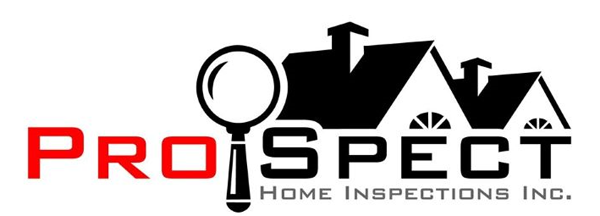When choosing a driveway material, homeowners have many options, each offering unique benefits and aesthetic appeal. Understanding the characteristics of various materials can help you make an informed decision that suits your style, budget, and maintenance preferences. In this guide, we’ll explore several popular driveway materials, highlighting their advantages and potential drawbacks.
Asphalt Driveway Materials
Asphalt is one of the most common driveway materials, mainly due to its affordability and ease of installation. This material is known for its smooth, black finish that complements many home styles. Asphalt driveways are relatively quick to install and can be resurfaced to extend their lifespan. However, they require regular sealing to prevent cracks and deterioration caused by weather and traffic.
Concrete Driveways
Concrete driveways offer a clean, classic look with their light grey appearance. This material is highly durable and can last for decades with proper care. Concrete can be stamped, stained, or colored to mimic other materials like stone or brick, providing versatility in design. While concrete is less prone to cracking than asphalt, it can be susceptible to staining and may require sealing to maintain its appearance.
Gravel Driveways
Gravel driveways are popular for those seeking a rustic, cost-effective solution. They are easy to install and maintain, with the added benefit of excellent drainage. Gravel driveways can be customized with various types of gravel and edging to suit different styles. However, they require periodic replenishing of gravel and can be prone to displacement, which may result in uneven surfaces.
Brick Driveway Materials
Brick driveways are known for their timeless elegance and durability. They offer a classic aesthetic that enhances the curb appeal of any home. Bricks are laid in a variety of patterns, providing a customizable look. While brick driveways are long-lasting, they can be more expensive and require regular maintenance to address shifting and weed growth between the bricks.
Paver Driveways
Paver driveways use interlocking concrete or stone pavers to create a versatile and durable surface. These driveways can be arranged in numerous patterns and designs, offering a high level of customization. Pavers are less likely to crack than concrete and can be replaced individually if damaged. The primary consideration for paver driveways is the initial cost, which can be higher than that of other materials.
Natural Stone Driveways
Natural stone driveways are an excellent choice for a high-end, sophisticated look. Materials like flagstone, slate, or cobblestone provide a unique, luxurious appearance. Each stone type offers different textures and colors, making it possible to achieve a one-of-a-kind driveway. Despite their beauty, natural stone driveways are typically the most expensive option and require regular maintenance to prevent weed growth and ensure stability.
Permeable Driveway Materials
Permeable driveways allow water to pass through the surface, reducing runoff and promoting environmental sustainability. Materials like permeable pavers, gravel, or porous asphalt are used to create these driveways. They are excellent for homeowners interested in eco-friendly options and can help manage stormwater effectively. However, permeable driveways may have higher upfront costs and require specific maintenance practices to prevent clogging.
Choosing a driveway material for your property depends on various factors, including budget, aesthetics, and maintenance preferences. Asphalt and concrete offer cost-effective and durable solutions, while gravel and brick provide unique stylistic elements. Paver and natural stone driveways add a touch of luxury, and permeable driveways contribute to environmental sustainability. By considering these options and their respective characteristics, you can select the driveway material that best fits your needs and enhances the beauty of your home.
FAQs
What is the best driveway material for homes with heavy vehicle traffic?
Materials like asphalt and reinforced concrete are ideal for heavy vehicle traffic due to their durability and ability to withstand substantial loads. Paver driveways can also be reinforced to handle heavy traffic, but may require more maintenance.
Can I combine different driveway materials for a custom look?
Yes, combining materials can create a unique and functional driveway. For example, you might use pavers for the main driving area and gravel or concrete for border areas. Ensure that transitions between materials are well-planned to avoid uneven surfaces.
How can I enhance the traction of my driveway material?
To enhance traction, consider using textured or patterned finishes. Adding sand to the surface or applying a traction-enhancing sealant to asphalt and concrete can improve grip. For gravel, ensure proper grading and use larger, angular stones for better stability.
Are there any special considerations for driveway materials in coastal areas?
Yes, materials like asphalt and concrete may be more susceptible to damage from saltwater and high humidity in coastal areas. Gravel and permeable options may require more frequent maintenance to address erosion and sediment issues.
Pro Spect Home Inspections offers inspection services in Citrus, Hernando, Pasco, Hillsborough, and Pinellas counties. Contact us to request an appointment.

